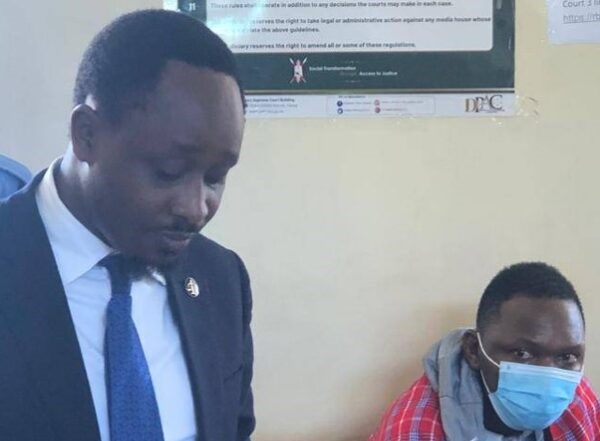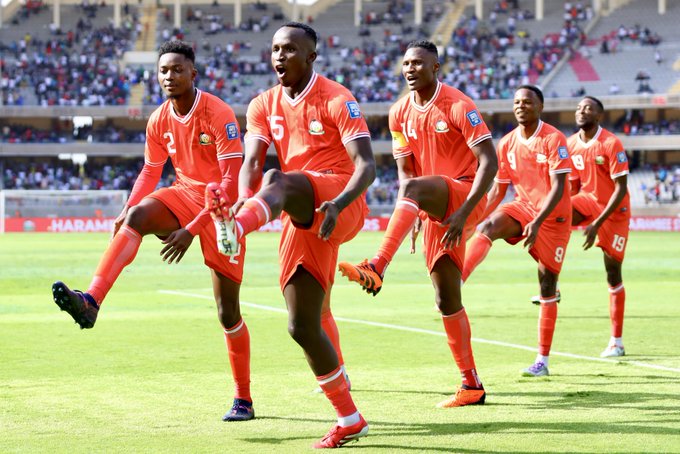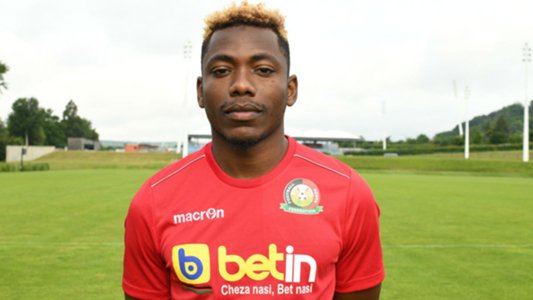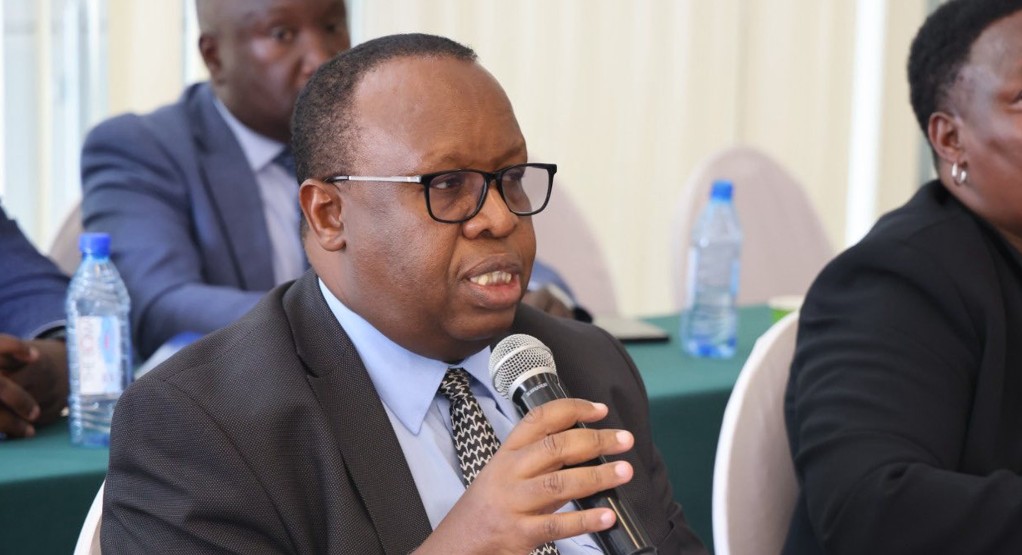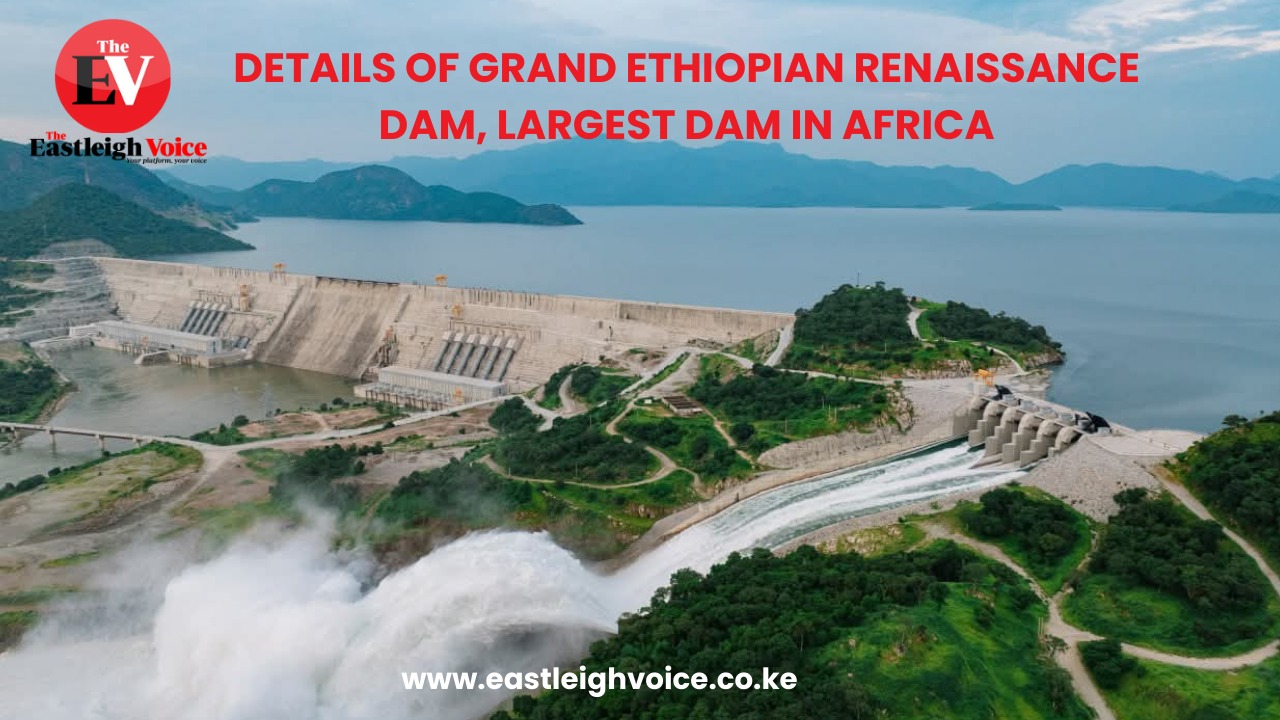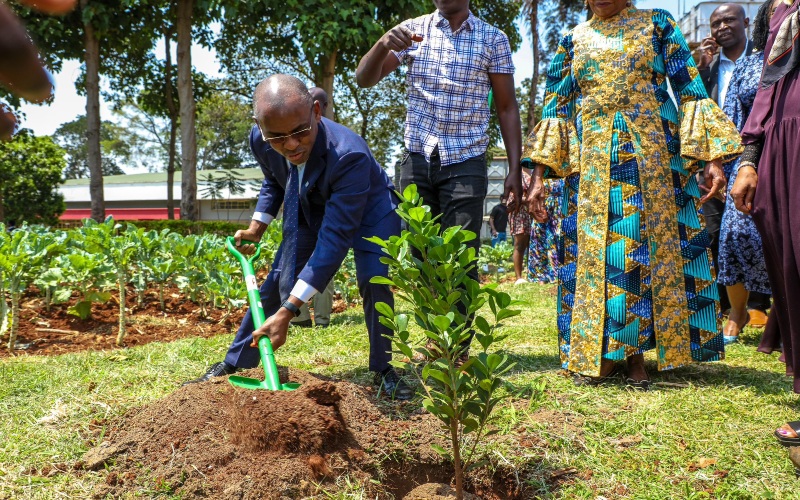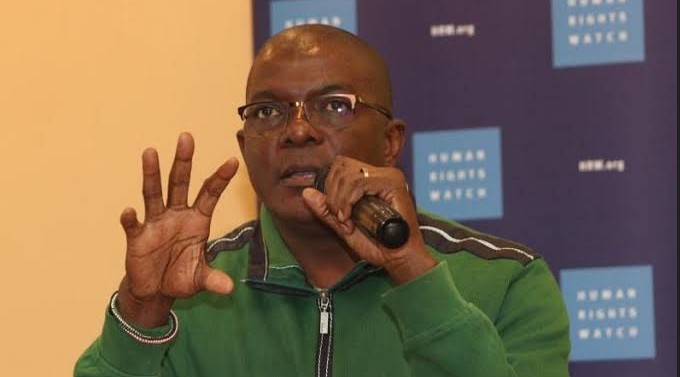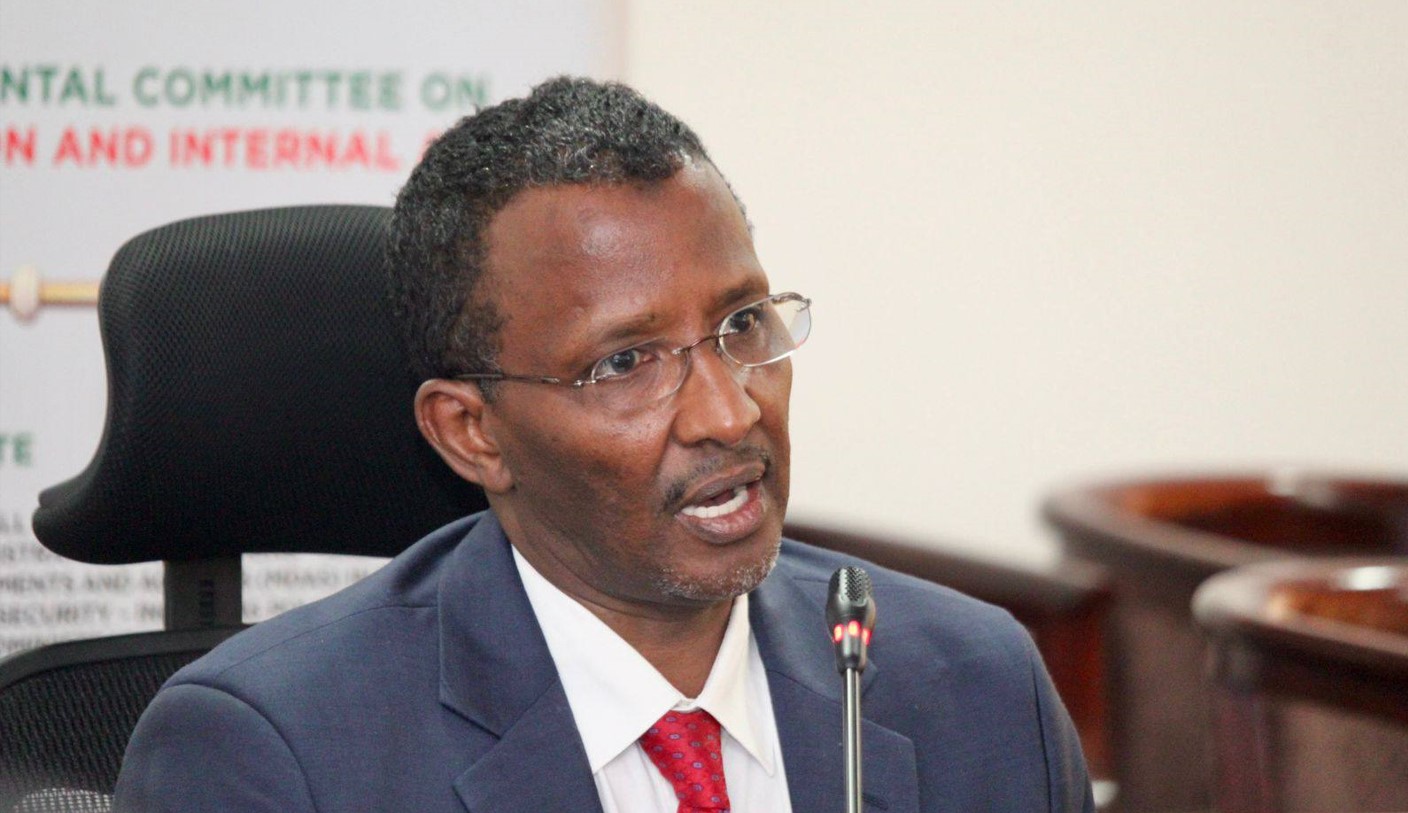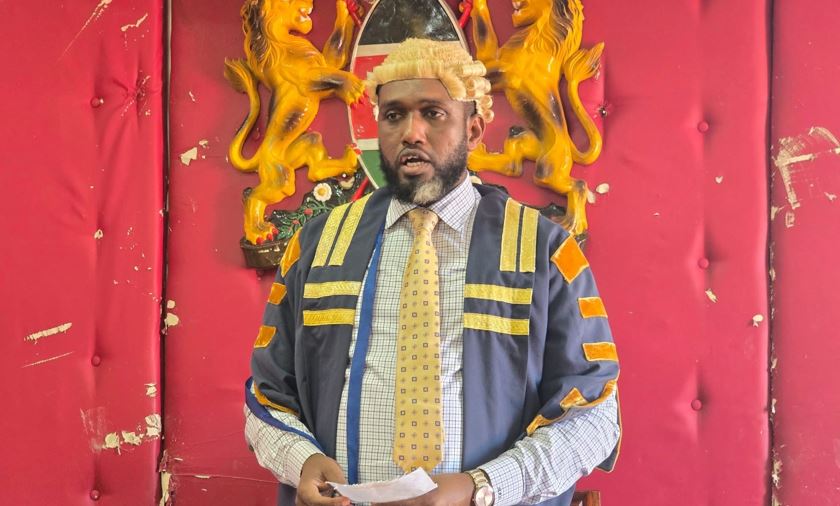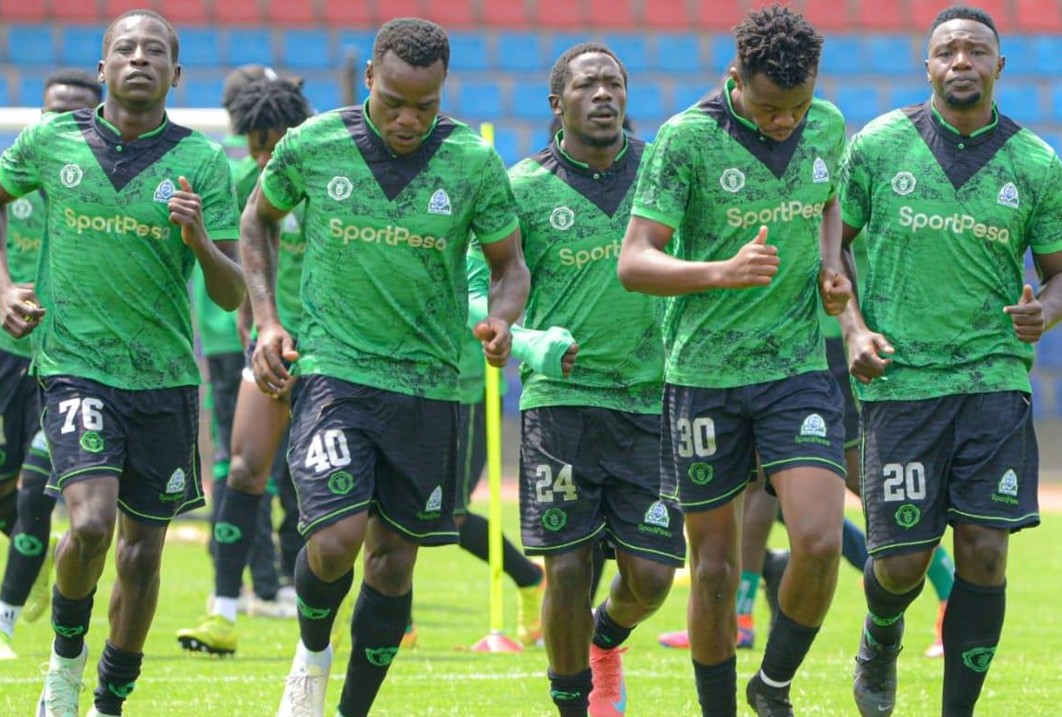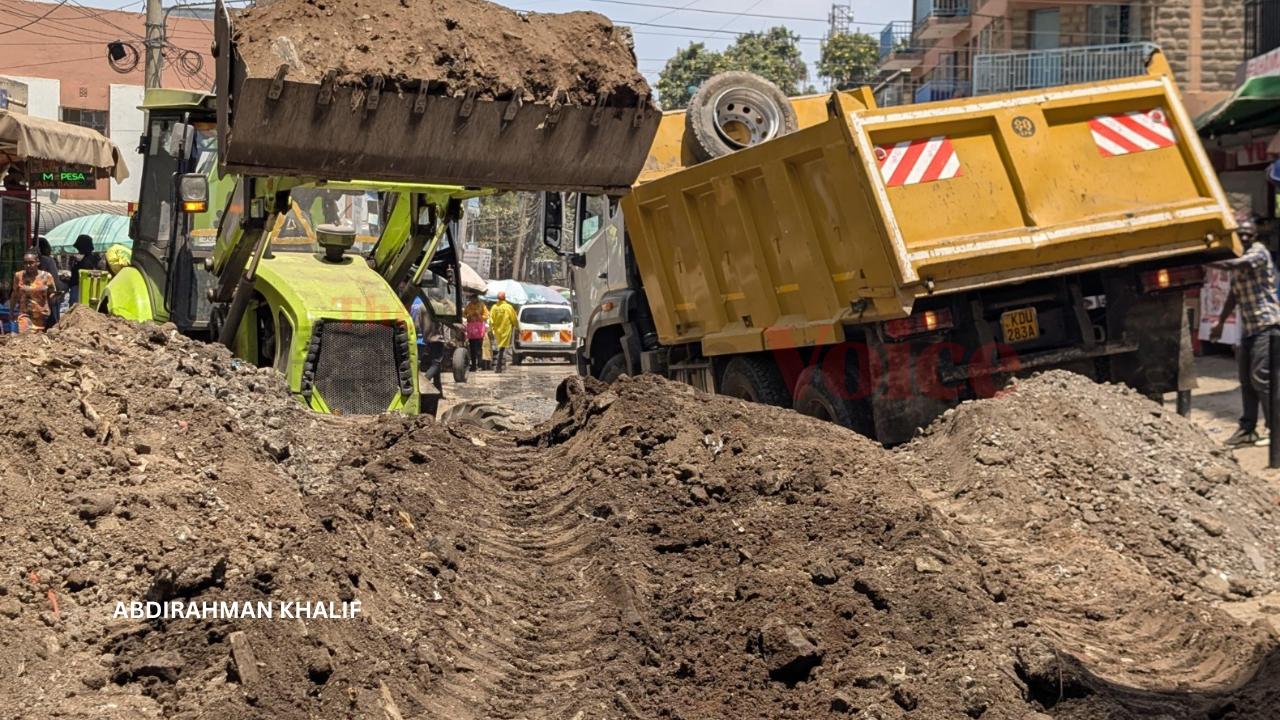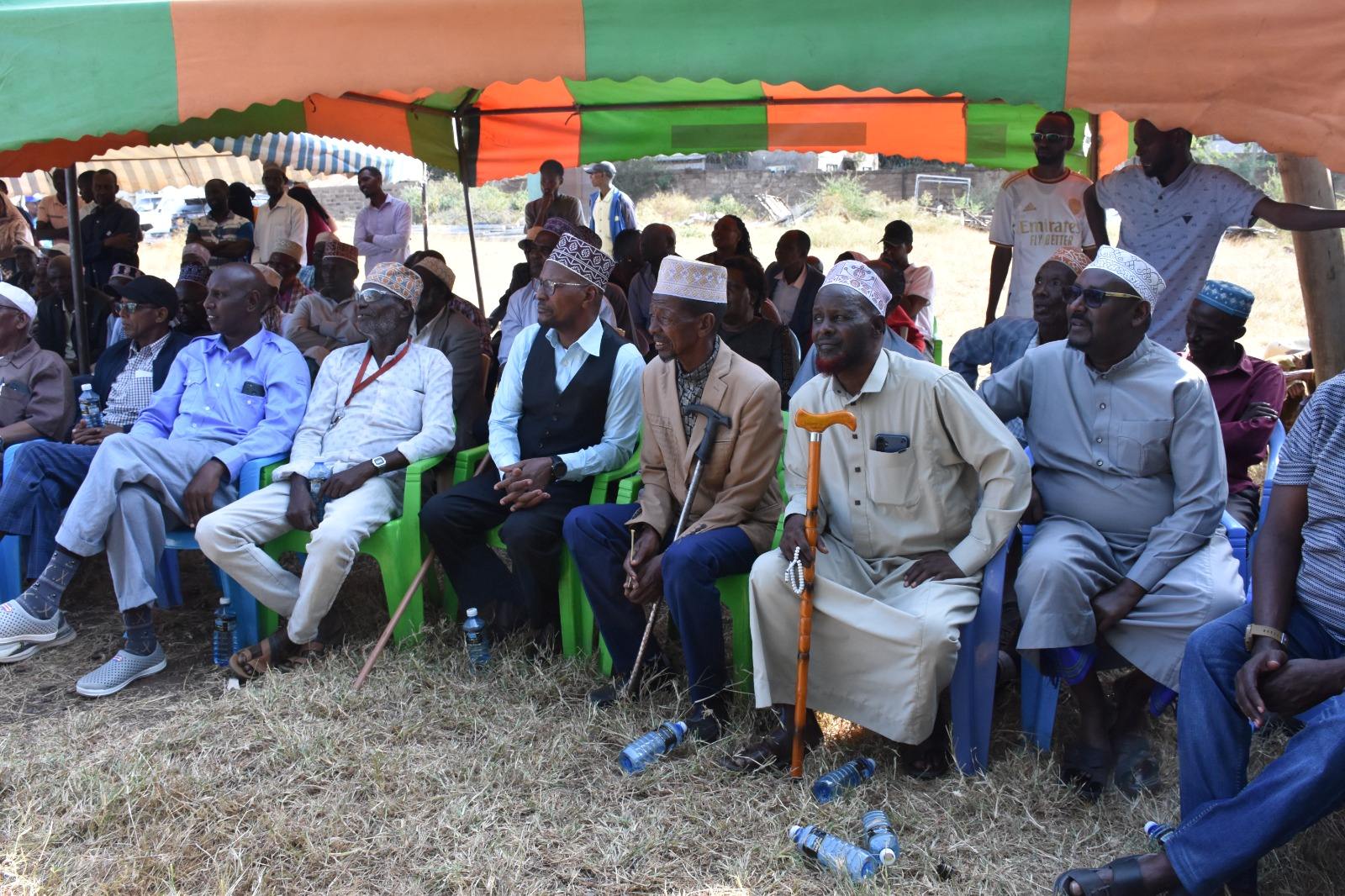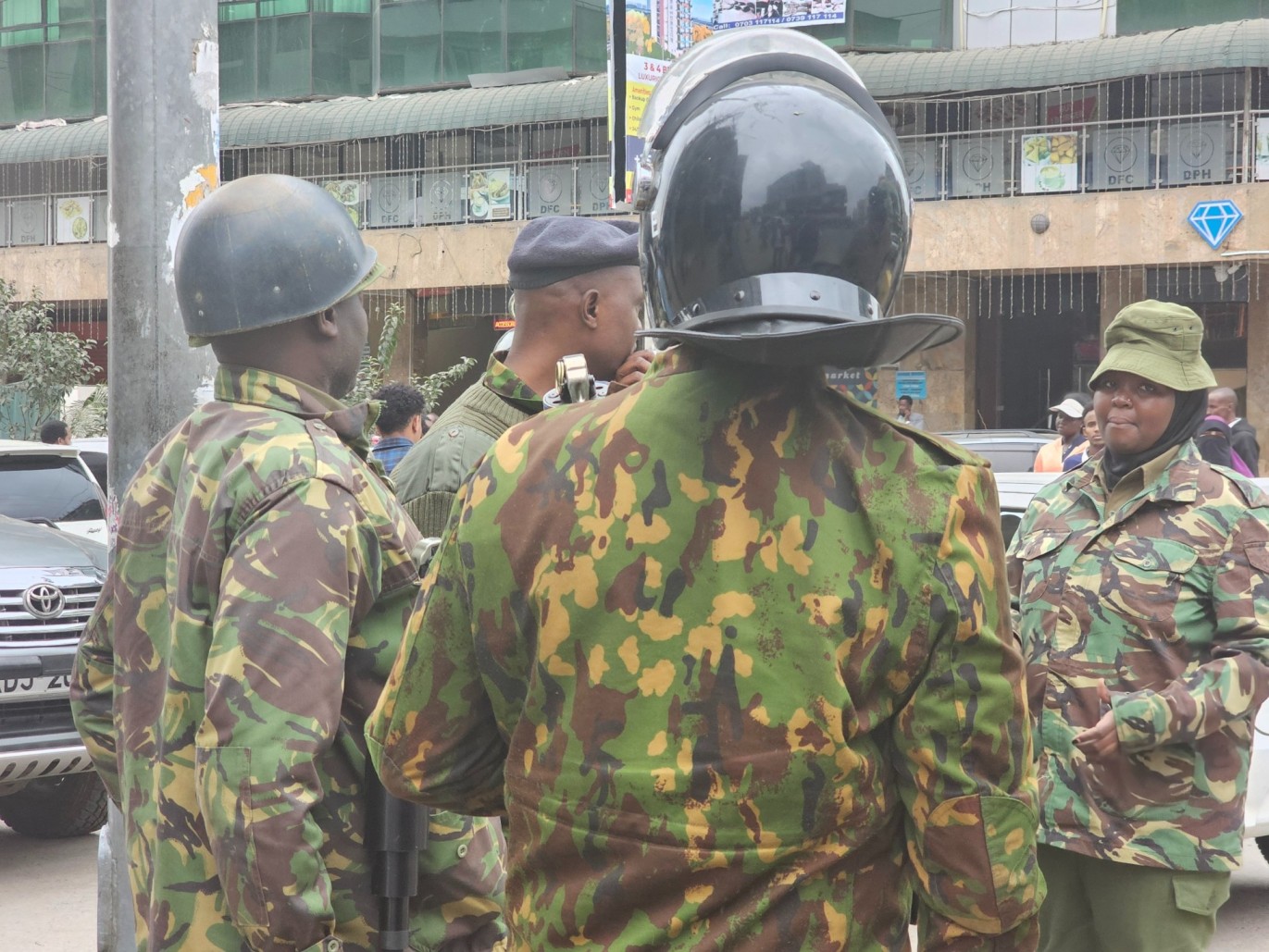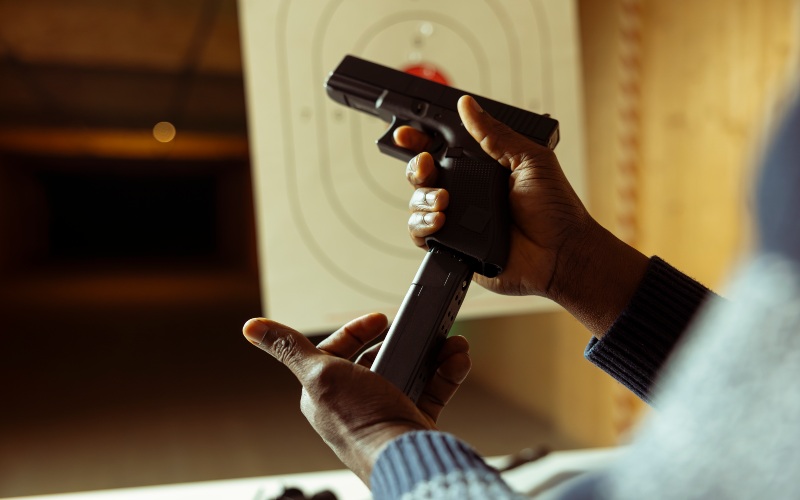Laurent Gbagbo, opposition leader barred from Ivory Coast presidential race
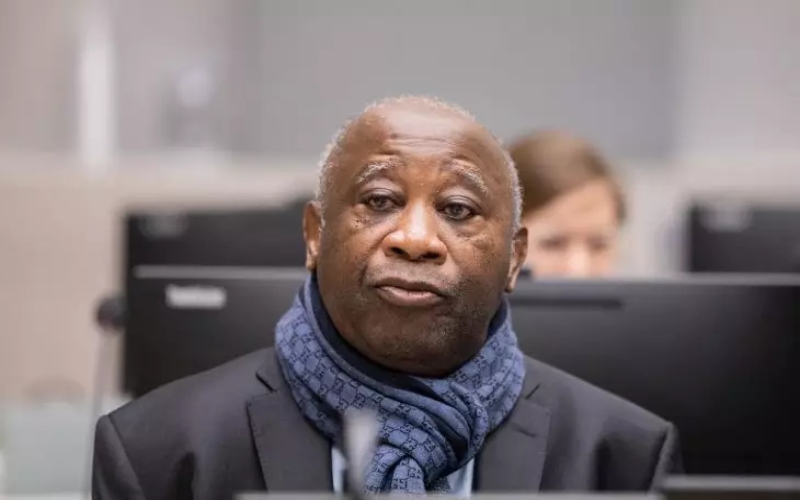
Other high-profile figures, including former Prime Minister Guillaume Soro and ex-youth minister Charles Blé Goudé, were also barred from running.
Ivory Coast's Constitutional Council has barred former president Laurent Gbagbo and opposition leader Tidjane Thiam from contesting in next month's presidential election, clearing the path for President Alassane Ouattara to seek a fourth term with limited opposition.
The Council announced its final list of candidates on Monday, confirming that Gbagbo and Thiam were ineligible because their names were removed from the national voters' register in June.
Other high-profile figures, including former Prime Minister Guillaume Soro and ex-youth minister Charles Blé Goudé, were also barred from running.
More To Read
- Abundant Ivory Coast rains signal promising end to cocoa mid-crop, farmers say
- U17 AFCON: Burkina Faso and Côte d’Ivoire battle for third
- Ivory Coast cocoa farmers warn of mid-crop supply shortages due to dry weather
- Ivory Coast says French military to withdraw ending decade-long presence
- WHO says Africa's Ivory Coast reports cases of mpox Clade 2
- How Interpol helped Ivory Coast secure AFCON amidst regional terror challenges
The decision means Ouattara will only face four candidates in the October 25 elections, despite 60 people having initially submitted applications.
Candidates allowed to contest include Simone Gbagbo, the former first lady, along with former ministers Jean-Louis Billon, Lagou Adjoua Henriette and Ahoua Don Mello Jacob.
The ruling is a significant blow for the opposition. Gbagbo, the president of the PPA-CI (African People's Party of Cote d'Ivoire) who led the Ivory Coast from 2000 to 2011, continues to have a loyal following despite his controversial past. Thiam, a former Credit Suisse CEO and leader of the Democratic Party of the Ivory Coast, was similarly considered a prominent new contender.
Their exclusion leaves President Ouattara, 83, well-positioned to extend his 14-year rule.
Ouattara first came to office after the disputed 2010 election, in which both he and Gbagbo claimed victory. The standoff triggered a months-long civil conflict that left more than 3,000 people dead and thousands displaced.
Ouattara was eventually recognised as president by the international community, while Gbagbo was later tried at the International Criminal Court (ICC) over post-election violence but acquitted in 2019.
His decision to seek a fourth term has drawn criticism from opposition figures who say that it breaches constitutional term limits, although Ouattara maintains that the 2016 constitution allows him to seek re-election.
Thiam has since criticised the Council's decision, saying it denies Ivorians a real choice and turns the election into a "coronation" for Ouattara.
"Ivorians hoped the Council would defend their fundamental right to choose their president through the ballot box. Instead, they find themselves facing a veritable organised plebiscite of the incumbent president, for an unconstitutional fourth term," he said in a statement.
"President Ouattara's regime is leading the country into a dead end, attacking freedoms and using the state apparatus to repress the opposition. Ivorians deserve free, fair, and inclusive elections."
Top Stories Today
Reader Comments
Trending
